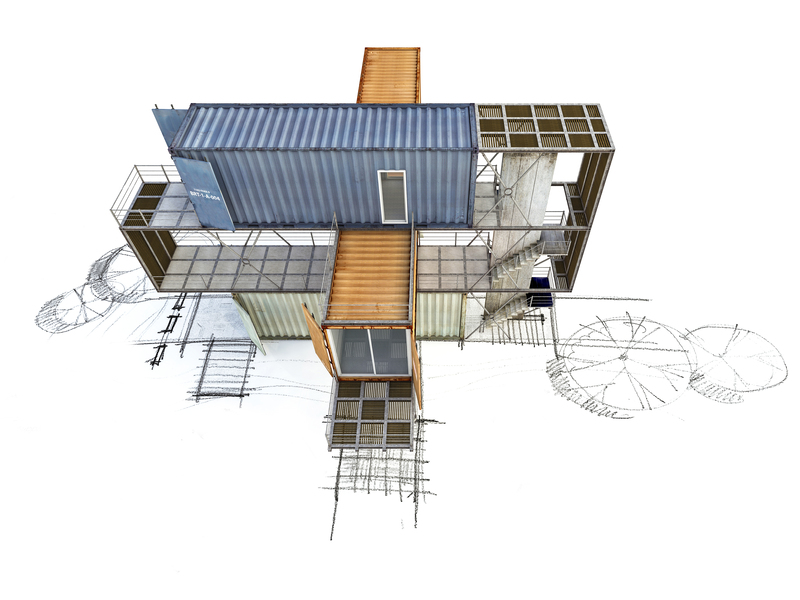
Hard Rubbish Explored: Essential Disposal Guidelines
Properly disposing of hard rubbish--also known as bulky waste--presents a unique challenge for many households and businesses. Unlike regular waste, hard rubbish includes items too large for standard disposal methods, such as furniture, appliances, and other oversized materials. This comprehensive guide covers the essential guidelines for hard rubbish disposal, ensuring you manage this task responsibly and sustainably.
Understanding Hard Rubbish
Hard rubbish, also referred to as bulky waste, encompasses a variety of large items that are typically not collected during regular waste disposal services. These items can include:
- Old furniture, such as sofas and mattresses
- Large appliances like refrigerators and washing machines
- Electronic waste (e-waste)
- Building materials and renovation debris
- Outdoor equipment and machinery
Why Proper Disposal Matters
The importance of disposing of hard rubbish correctly cannot be overstated. **Proper disposal** ensures items are either recycled or disposed of safely, minimizing environmental impact. Additionally, inappropriate disposal can lead to legal penalties and increased community costs. Here are some reasons why it matters:
- Environmental Protection: Many hard rubbish items contain harmful materials that could leach into the soil or water if not disposed of properly.
- Resource Conservation: Recycling components of hard rubbish can conserve valuable resources and reduce the demand for new raw materials.
- Community Health: Piles of improperly discarded bulky waste can attract pests and create safety hazards.
Essential Guidelines for Hard Rubbish Disposal
1. Know Your Local Regulations
Disposal guidelines for hard rubbish can vary significantly depending on your location. Always check with your local council or waste management services to understand the regulations applicable in your area. This knowledge helps you avoid potential fines or infractions when disposing of your bulky waste items.
2. Separate Recyclables
Before disposing of any hard rubbish, separate items that can be recycled. Many components of bulky waste, such as metals, plastics, and electronics, can often be recycled. Check with your local recycling centers for specifics on what can be collected and processed.
3. Schedule Collection Services
Many areas offer scheduled hard rubbish collection services, either through the local government or private companies. These services often have specific guidelines regarding what can and cannot be picked up, and they may require you to book in advance. Scheduling your collection ensures your items are disposed of properly and reduces the risk of illegal dumping.
4. Utilize Drop-off Centers
Another viable option for disposing of hard rubbish is utilizing designated drop-off centers. These centers are equipped to handle large items, and they often have systems in place for recycling and safe disposal. Check local resources to find a convenient drop-off center near you.
5. Consider Selling or Donating
Before throwing away usable items, consider whether they can be sold or donated. Many charities and second-hand stores accept furniture and appliances in good condition. Selling or donating not only helps someone in need but also reduces waste and conserves resources.
6. Hire a Professional
If the process of disposing of hard rubbish seems overwhelming, consider hiring a professional removal service. These companies specialize in dealing with bulky waste and can often recycle or dispose of your items in an environmentally friendly manner. Ensure that the company you hire adheres to local regulations and follows sustainable practices.
Benefits of Responsible Hard Rubbish Disposal
Engaging in responsible hard rubbish disposal comes with several benefits, including:
- Improved Environmental Health: With proper disposal, hazardous materials are kept out of the environment.
- Community Beautification: Clean streets without unwanted bulky items contribute to a more enjoyable community atmosphere.
- Reduced Pollution: By recycling and reusing materials, there's less need for raw material extraction and waste processing.
Reducing Hard Rubbish Generation
Beyond proper disposal, reducing the generation of hard rubbish is an ideal long-term solution. Here are some tips to minimize the amount of bulky waste you produce:
- Purchase Information: Before buying new furniture or appliances, ensure there's a real need, and consider the longevity and durability of the items.
- Repair and Maintain: Regular maintenance and repairs can extend the life of your items, delaying the need for replacement.
- Share and Swap: Engage in swap meets or community sharing initiatives to exchange items you no longer need.
Conclusion
Handling hard rubbish doesn't have to be an overwhelming task. By adhering to local guidelines, recycling whenever possible, and using available resources such as collection services and drop-off centers, you can effectively and responsibly dispose of bulky waste. Moreover, reducing consumption and considering alternative ways to manage items can contribute significantly to environmental sustainability. Embrace responsible disposal practices to protect our planet and create a healthier, more sustainable community.
